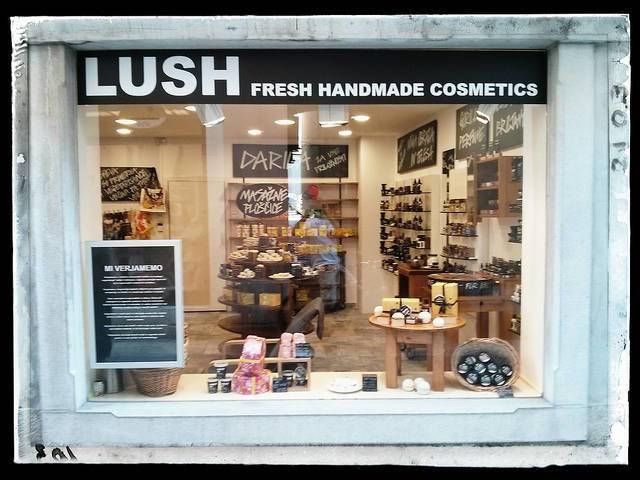
By Warren Becker
In a study done by market trends researcher Mintel, 56 percent of U.S. consumers claimed they’d stop shopping with companies they perceive as unethical. Suffice it to say, open honesty with customers and potential buyers is a must, especially in fields such as skin care.Transparency has been a priority in skin care, especially when it comes to the ingredients products contain. And with so much information for customers to sift through, brands that aren’t upfront about what's inside their products open themselves up to PR and legal problems. Look no further than The Honest Company, which recently paid $1.55 million in a class-action lawsuit over claims that its line of products contained sodium lauryl sulfate (SLS), despite the company's claims products were SLS-free.
Transparency also gives products legal cover, as the U.S. Food and Drug Administration issues warnings to cosmetic companies that make outlandish claims or that are less than honest with consumers about a product’s contents. Conscientious consumers desire more transparency from the companies they purchase personal care products from. If your company is candid, open, and honest, it will inspire trust from your customers that you have their best interests at heart.
Increased governmental oversight
While companies can be more forthcoming with product ingredients, legislators are working to require increased transparency. The proposed Personal Care Products Safety Act would give the FDA more control concerning the safety and allowable claims of cosmetics products.
Under the proposed legislation, the FDA would evaluate at least five ingredients per year, recall any products whose safety it deems questionable, and require many companies to register all facilities and make full ingredient lists available online.
Companies selling products with ingredients unsuitable for vulnerable populations such as children would have to include that information on their labels. The FDA would also review regulations on cosmetics-related Good Manufacturing Practices. There’s a lot more to this legislation, but the proposal for greater FDA oversight is a clear sign that increased ingredient transparency is on the horizon and that businesses need to get out in front of it.
Open up the conversation
Customers appreciate corporate honesty, especially when they put their trust in a product. Embrace a more transparent business approach using these three steps:
1. Build transparency into your foundation. When SC Johnson announced its intention to show the presence of 368 potential skin allergens that may occur in its products, it went beyond what the European Union and the U.S. require concerning allergen transparency. Consumers can look up entire product ingredient listings on SC Johnson’s site to ensure they’re buying the products that are right for them.
Follow SC Johnson’s lead and publish each product's complete list of ingredients not only on the product labels, but also on a website and other public forums that customers frequent. Being transparent on that base level can inspire a brand to incorporate it into other aspects of the company.
2. Give the "why" behind each ingredient. BBMG, GlobeScan, and SustainAbility performed a global study that revealed that 82 percent of consumers want to know what ingredients are or aren’t in their products. But why ingredients are included is just as important.
Do you have a wide selection of products so customers can avoid ingredients of concern? Customers know what ingredients work and don’t work for them, so be ready to explain your reasoning for adding or omitting an ingredient. Having this information instills in customers confidence that they’re using a product that’s been thoughtfully formulated.
3. Use numbers to back it up. Three-fourths of global consumers are concerned about the long-term effects of synthetic ingredients. Nearly 70 percent believe that food prepared naturally, without artificial ingredients, is healthier, and more than half agree that the food and drink with the fewest ingredients are the most healthful.
Provide proof of safety and efficacy when available for customers to put them at ease. Include influential bits of data to show your product was made with customer well-being in mind.
Society as a whole is more concerned than ever with the ingredients in their personal care products. When your company is more transparent about its ingredients, you build the confidence and trust of consumers. Your loyal customers will not only recommend you, but they will also keep coming back for years to come.
Warren Becker is the chief operating officer of Cosmetic Solutions, recognized worldwide as a leader in the formulation and manufacture of turnkey private label skin care and personal care products. Cosmetic Solutions' natural, scientifically proven offerings are used by renowned skin care leaders and physicians, established cosmetic brands and up-and-coming entrepreneurs to help customers achieve results. Warren holds an MBA in International Business from the University of Miami and has partnered in the success of hundreds of health and beauty brands.
Image credit: Miran Rijavec, Flickr
TriplePundit has published articles from over 1000 contributors. If you'd like to be a guest author, please get in touch!














